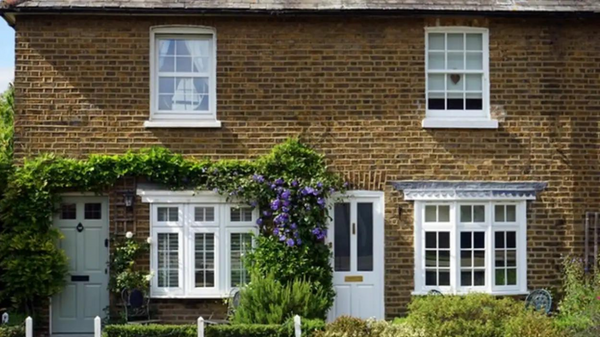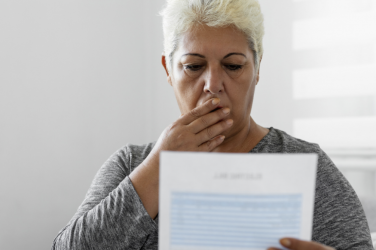The UK Government’s purpose to upgrade the energy efficiency of homes is failing, since it will help fewer than 6% of fuel-poor households by 2030, according to the environmental campaign group.
National Energy Action estimates 6.7 million UK households are now in fuel poverty, a number that has more than doubled since 2020. This means that, if only 5.8% of fuel-poor households would be upgraded by 2030, nearly 95% of households will leave in fuel poverty.
As a consequence, Greenpeace is threatening to take legal action against the government, unless it committed to reviewing its strategy to tackle fuel poverty and sets out how it will hit targets.
Greenpeace UK’s head of climate, Mel Evans, said: «Almost a quarter of all households are now in fuel poverty. This is a national crisis yet the government’s failing strategy for tackling it means that at this rate it won’t meet its legally binding 2030 target until close to the end of the next century».
In the UK, housing is responsible for about 14% of the UK’S total greenhouse gas emissions, worsening the climate crisis. Furthermore, the UK has the least energy-efficient housing in western Europe, which means high heating costs for low-income households.
However, a government spokesperson said: «The fuel poverty target for England is to ensure that as many fuel-poor homes as possible achieve a minimum energy efficiency rating of band C by 2030. Thanks to government support, the number of homes with this rating or above has already gone from 13% in 2010 to 46% and rising».









Show Comments